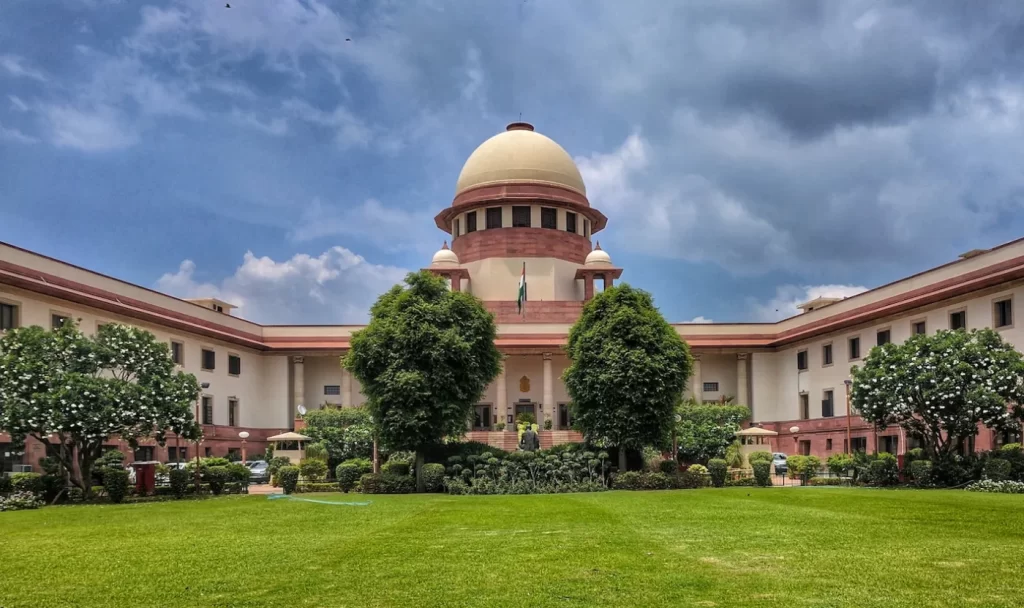Manisha Yadav
On 7 August 2025, the erstwhile promoters of Bhushan Power & Steel Ltd (BPSL) presented their case before the Supreme Court, asserting that the primary goal was not to liquidate the company. Instead, they called for the initiation of a fresh corporate insolvency resolution process (CIRP) if the resolution plan proposed by JSW Steel is deemed flawed.
Senior Advocate Dhruv Mehta, representing the promoters, argued that once a resolution plan receives approval from the Adjudicating Authority, the Committee of Creditors (CoC) effectively loses its decision-making authority regarding that plan. He emphasized that the framework established under the Insolvency and Bankruptcy Code (IBC) does not grant the CoC the right to revisit or amend an already approved resolution plan.
“Once the plan is sanctioned by the National Company Law Tribunal (NCLT), it attains finality. The CoC ceases to have any Locus Standi thereafter and cannot seek to terminate the plan or substitute it with another,” he elaborated.
In response to claims that potential value accretion justifies reassessing the resolution plan, Dhruv Mehta pointed out that under the IBC, reopening approved plans based solely on commercial considerations or subsequent profitability is not permissible. He underscored the importance of adhering to the legality and procedural integrity of plans as originally approved.
Dhruv Mehta noted that the IBC allows any person aggrieved to challenge a resolution plan before both the NCLT and the National Company Law Appellate Tribunal (NCLAT). He cited two previous judgments affirming his entitlement to access the resolution plan and challenge it formally.
The Supreme Court bench, led by Chief Justice of India BR Gavai and comprising Justices Satish Chandra Sharma and Vinod Chandran, will continue the case hearings tomorrow.
On July 31, the Supreme Court revisited its contentious May 2, 2025 judgment, which had dismissed JSW Steel’s ₹19,700 crore resolution plan for BPSL and mandated the company’s liquidation. The Court acknowledged that its prior decision may have misinterpreted established legal principles under the IBC.
During the session, the bench acknowledged that the previous ruling overlooked key legal positions outlined in numerous judgments. They also indicated that certain factual details and arguments either were inaccurately represented or had not been raised during the original hearings.
The May 2 ruling by a different bench of Justices Bela M Trivedi and Satish Chandra Sharma determined that the CoC was mistaken in approving JSW Steel’s resolution plan for BPSL, declaring the plan illegal and ordering liquidation via Article 142 of the Constitution of India.
JSW Steel, which was designated the successful resolution applicant back in 2019, proposed over ₹19,000 crore to settle with creditors. This plan had received approval from the NCLT in September 2019 and was upheld by the NCLAT, even as the Enforcement Directorate (ED) contested the plan on accusations of money laundering against the former promoters of BPSL.
The May 2 ruling sent ripples through the insolvency landscape, as the Court’s actions raised serious questions about the sanctity and finality of plans approved under the IBC. The invocation of Article 142 to nullify an already sanctioned resolution raised alarm among investors and practitioners regarding future transactions. The filing of review petitions against the May 2 judgment, the Supreme Court agreed to rehear the matter.
JSW Steel began operating BPSL in 2021, the company has employed over 25,000 people, transforming it into a viable entity. CJI Gavai resonated with this perspective, remarking, We should also consider the broader implications—25,000 employees cannot simply be left unemployed.
Instagram: Click here
LinkedIn: Click here
For Collaboration and Business:info.desikaanoon@gmail.com

